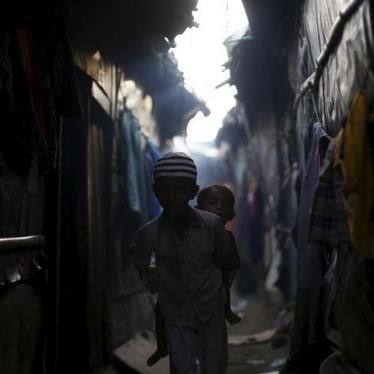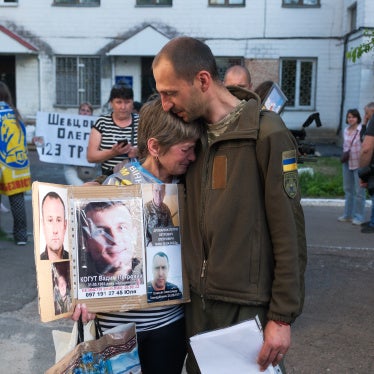Recently, 31 Rohingya refugees who had fled atrocities in Myanmar found themselves trapped at the border between India and Bangladesh. Neither Indian nor Bangladeshi border guards were willing to accept them. The Indians insisted that the refugees were attempting an illegal entry from Bangladesh, while Bangladeshi authorities said that the refugees were being forcibly pushed out of India. One thing was certain: Going back to Myanmar was not an option.
Myanmar’s Rohingya Muslims are among the most persecuted communities in the world. Long denied citizenship rights in Myanmar, subjected to pervasive discrimination and targeted in violent attacks, many have fled or been expelled. In their desperation, these refugees have walked long distances, swum across rivers to safety, or paid human smugglers for a place on flimsy boats to carry them across treacherous seas.
After years of denying asylum, Bangladesh reversed its policies when several hundred thousand streamed across the border after Myanmar’s military launched a campaign of ethnic cleansing and committed crimes against humanity against the Rohingya following a militant attack in August 2017. An estimated one million Rohingya refugees are now in Bangladesh, most crowded into temporary camps and denied proper access to jobs and education.
Another estimated 40,000 Rohingya are in India, of whom at least 16,500 have been recognized by the UN refugee agency. But with the ruling Bharatiya Janata Party (BJP) government focused on a Hindu majoritarian agenda, India is letting them down. While claiming that it deserves a voice in global affairs, India still hasn’t condemned Myanmar for the attacks on the Rohingya. Instead, ruling party leaders declared that Rohingya refugees in India should be sent back.
“India is not a signatory for refugees, we have been soft,” the Home Ministry’s Kiren Rijiju said last July. “We will facilitate their return.” When criticized by the opposition, the government went further, claiming without any basis that the Rohingya “are linked with wrong and illegal activities.” Alleged BJP supporters have been implicated in attacks on the beleaguered community.
In October 2018, Indian authorities started repatriating Rohingya refugees to Myanmar, despite United Nations findings that Myanmar’s top generals should be should be investigated and prosecuted for genocide. The forcible return of refugees violates the principle of nonrefoulement, the international norm that forbids returning people to a place where they are at real risk of serious abuse. The Indian government has repeatedly claimed that the Rohingya who were deported wanted to return to Myanmar but has refused access to the UN refugee agency to assess these claims independently.
Discrimination against the Rohingya refugees could worsen because of recent official policy. The Indian government has proposed amendments to its citizenship laws that would allow certain Hindu, Sikh, Buddhist, Jain, Parsi and Christian asylum seekers from Afghanistan, Bangladesh and Pakistan to become eligible for citizenship. Muslims are glaringly excluded, placing the Rohingya at risk of detention and deportation. Some have been detained in Indian prisons on charges of illegal entry and are at greatest risk of forced return.
Many Rohingya, fearing that they will be forcibly returned to Myanmar, are escaping to Bangladesh. According to Bangladeshi officials, at least 1,300 Rohingya have arrived there in recent months. Abdur Rahman had fled to India in 2012 after deadly riots in Myanmar’s Rakhine State had targeted the Rohingya and Kaman Muslim communities. Although registered by the UN refugee authorities in India, he is now in Bangladesh. “Earlier we never faced trouble in India,” he told us. “But now we feared we would be repatriated to Myanmar. We don’t want to go back to Myanmar.”
The Indian government should immediately reverse course. It should assist Rohingya refugees while calling upon Myanmar to ensure justice for victims of abuse and create conditions for their safe and voluntary return. All Rohingya in India should have access to a fair procedure through the UN refugee agency. But India also needs to recognize that conditions conducive to safe and dignified return in Myanmar are not likely anytime soon.
The 31 Rohingya men, women and children were stuck at the border for three days. Then the Indian authorities arrested them. They should be released and provided proper refugee protections.









